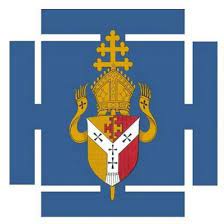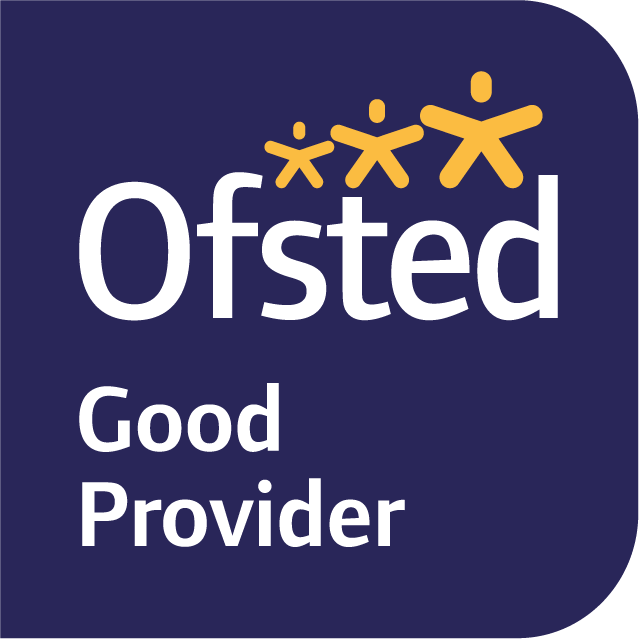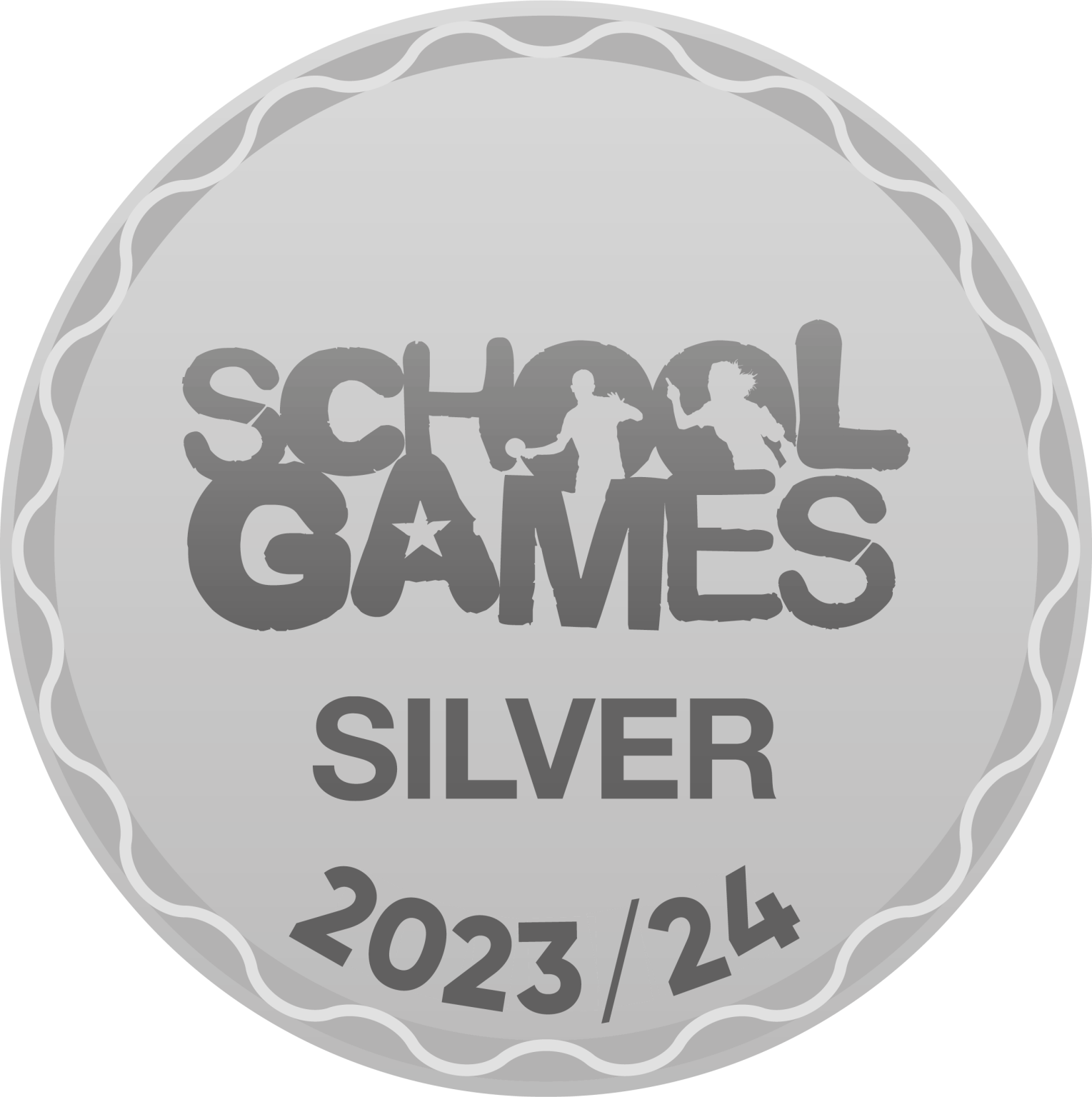RE Curriculum
Intent, Implementation, and Impact
Religious Education Curriculum Statement
“Love one another as I have loved you”
We are proud that St. John’s is a ‘GOOD’ Catholic Primary School (Section 48 report, December 2021)
Intent
At St John’s RC Primary School, Religious Education is central to the life of our school. We aim to educate our children and guide them in becoming religiously literate young people who will in turn pass on the gift of faith to future generations. We want every child to be happy and enthusiastic learners of RE, and to be eager to achieve their very best in order to fulfil their God-given talents.
Our intent is to:
- Enable each child to develop a deeper understanding of the Catholic faith, promote respect for religious and moral values and tolerance of other races and religions
- Foster the growth of each child’s potential through the development of respect for self and others
- Promote the individual talents and abilities of pupils to ensure that each child fulfils his or her full potential.
- Promote an understanding and care of the environment in which each child finds him or herself.
- Promote a close and co-operative relationship between home, parish, and school.
We want our children to leave St. John’s with a wide range of happy and rich memories of RE formed through interesting and exciting experiences driven through an engaging and comprehensive curriculum which is the basis of knowledge and understanding of the Catholic faith, enabling them to develop a living and personal faith in Jesus Christ and allowing them to know and love God.
Implementation
At St. John’s, we follow the curriculum strategy - Learning and Growing as the People of God - provided by the Archdiocese of Birmingham for teaching RE in a Catholic primary school. The thematic approach enables RE to be taught through other subject areas as links in learning provide the children with opportunities to make connections. There are also numerous opportunities for extended writing in RE and to enhance RE learning through the use of ICT. RE is a core subject of the curriculum and all children will study RE for 2hrs 15 mins per week in Key Stage 1 and 2 hrs 30 mins per week in Key Stage 2. The curriculum hours in RE are non-negotiable and will be followed by all staff in the school. Fixed timetables will be set every term and monitored by the Senior Leadership Team of the school.
In addition to the diocesan strategy, we have dedicated themed weeks, for example a multi faith week which seeks to support the children in learning about other faiths through visiting places of worship. ‘Learning and Growing as the People of God: The Strategy’ provides teachers with a range of suggested cross-curricular activities which can be differentiated to suit the learning needs of the children in their class in order for them to explore the Catholic faith and achieve the learning outcomes. There is a strong emphasis on pupils engaging with and responding to questions of life in the light of religious teaching. This flexible approach enables teachers to incorporate their own creative teaching ideas into the delivery of the Strategy.
The Strategy is divided into a number of units for each year group, usually 12, which cover four main areas of study: The Liturgical Seasons of the Church’s Year: The children find out about the significance of each season, its particular signs and symbols and the different liturgies celebrated in each season. During the course of the year, each year group will study a number of units. The units are developmental, building on previous knowledge and experience and taking into account of the children’s age and understanding. The topics covered by each year group are as detailed on the curriculum overview.
The teaching of RE at St. John’s will ensure children will be highly engaged in RE lessons through the use of a variety of sources such as religious stories, scripture, religious artwork, songs, music, dance and religious signs and symbols. The life and work of key figures in the History of the people of God will be studied for example, lives of the saints. Approaches will include whole class teaching, group activities and individual work. Children will have opportunities to work individually as well as cooperatively and collaboratively, developing their own knowledge and expertise as well as sharing experiences with others. High quality input from experts and educational resources complements the delivery of specialist learning admirably. Pupils participate in Mass, feast days, Holy days, retreats, collective worship (which will involve religious actions) and worship including the celebration of the sacraments.
Impact
At St. John’s, we will see success in RE when:
- Children are happy learners within RE. They experience a wide-ranging number of learning challenges in RE and know appropriate responses to them.
- Visits within RE have enriched the lives of the children and they are able to discuss how the experience impacted their knowledge and understanding.
- Children of all abilities and backgrounds achieve well in RE, reflected in good or outstanding progress that reveals a clear learning journey. Children talk enthusiastically about their learning in RE and are eager to further their learning in the next stages of their education.
- Children produce good quality work across religion, which they are proud of
- The children will grow to know and love God, develop their moral and spiritual nature, and deepen their faith.
- Children will live their faith in an active and positive way, always aware of the presence and love of Christ guiding them.
- The school environment will reflect and celebrate our Catholic faith.




